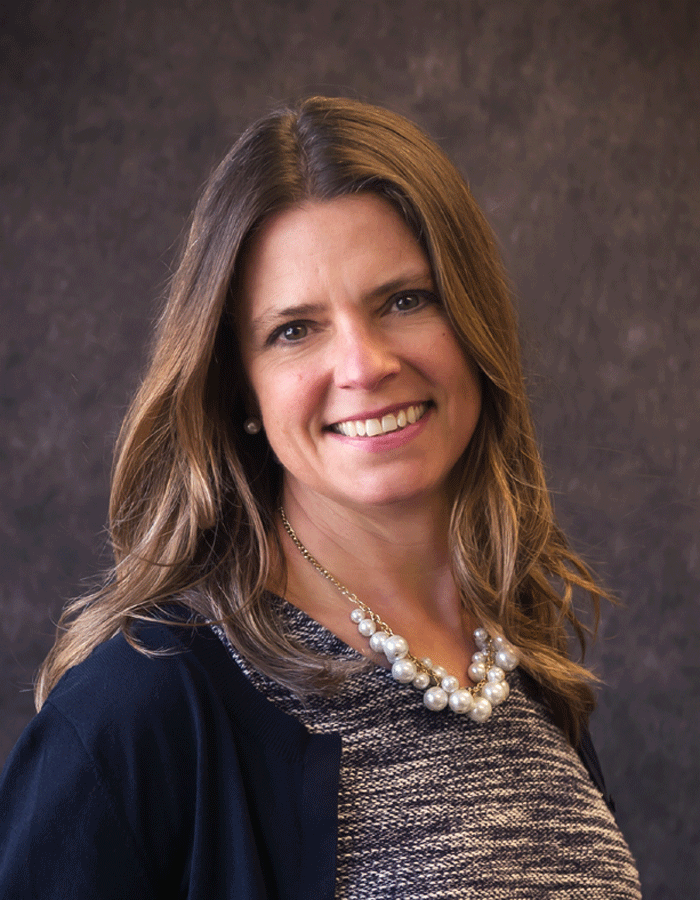Can tax & accounting firms more effectively deal with change by encouraging their professionals to unlearn some of their old ways of working?
In today’s stressful business-and-work world, tax & accounting professionals are facing significant burnout and mental fatigue, says Carrie Steffen, president and co-founder of The Whetstone Group, a consulting firm serving CPA firms.
This level of stress is largely driven by overwork, which is being exacerbated by rapidly changing demands and difficulty recruiting and retaining staff, Steffen says. “The profession has been dealing with so much change, and in the last two years it’s really come to a head,” she notes. “The challenges have become more urgent.”
The COVID-19 pandemic has caused millions of people to reflect on their priorities, redefine their goals, and in some case, leave their jobs. The tax & accounting profession has been impacted by this trend, causing many accounting firms and corporate tax departments to look for healthier, more sustainable operating models. “Their people are starting to leave. And young practitioners are exiting the profession altogether, feeling like this isn’t what they signed up for,” Steffen explains. “The firms that have been impacted by staffing challenges are especially motivated to talk about what they need to do differently.”
The solution, she says, may require unlearning — which means much more than teams changing what they do or how they do it. It’s abandoning previously held ideas, processes, and practices that may have worked in the past, but are no longer constructive. Committing to this approach, Steffen says, requires an organization to “recognize that what got them here is not going to take them much further.”
An Unlearning Summit
Steffen’s consulting firm advises its clients to start this process with an Unlearning Summit. (The Whetstone Group’s methodology is designed for accounting firms, but it can be modified by corporate tax departments and other professional services organizations.)
An Unlearning Summit agenda typically includes these steps:
-
-
-
- Describe your baseline operation, including the firm’s physical location, markets, financial performance, client service, specialization, people, and technology.
- Ask each participant what they want the firm to look like in three years. How big in terms of revenue? Annual growth rate? What types of clients and services do they envision? What type of culture? For this part of the exercise, assume there are no boundaries and no obstacles to becoming the firm you envision. Just capture the team’s ideal. It’s also critical, Steffen adds, to fully engage staffers a level below the senior leaders. “This process needs to be in the hands and the hearts of people who will be leading the firm in the next generation,” she explains.
- As a consensus emerges around the vision, resist the temptation to brainstorm what the firm needs to add, change, or learn to reshape its future. Instead, discuss what you need to unlearn to make it happen. The key is to eliminate barriers and free up time, energy, and other resources. What mindset or principle is an obstacle that needs to be banished? What process routinely gets in the way of progress and efficiency? What type of client work has limited return on investment? Which clients should be culled because they’re a barrier to growth or just not worth the hassle they create? “What would we have to change or do differently,” Steffen asks, “in order to make this firm look more like what we want it to look like?”
- Plot each item to be unlearned on a simple 2-by-2 matrix that measures the effort it would require (from easy to difficult) on the x-axis and its potential impact (low to high) on the y-axis. Now, prioritize — and the low-effort, high-impact initiatives are the low-hanging fruit.
- Once you’ve identified the ideas, practices, and processes to be unlearned, assign people or teams to lead the effort with a focus on timelines, new metrics of success, and communications.
-
-
A couple caveats
Steffen noted that unlearning may face resistance from colleagues whose professional identity is embedded in the approaches being jettisoned — or who are concerned that shaking up too much too fast will be detrimental. Others may view a decision to unlearn practices they have long embraced, or perhaps championed, as an admission of failure.
“This can be a really hard process for partners and other current leaders,” she says. “They may come up with a lot of reasons why ‘It doesn’t work that way’ or ‘We’ve never done it that way.’” Yet, it’s important to emphasize that unlearning a method or practice doesn’t mean it’s always been wrong — just that conditions have changed and the firm needs to adapt.
On the other side of the coin, it’s also important to manage the expectations of impatient team members who want change to happen faster than is realistic, she advises. “The expectations should be communicated clearly to everyone internally. Everybody needs to understand the reason for the unlearning, how it’s going to benefit them, what the impact should be long term, and what the incremental milestones will be.”

Opportunities abound
Unlearning can focus on any aspect of your operations, but Steffen highlights a few areas where it can be particularly beneficial, including:
Advancing diversity, equity & inclusion (DEI) initiatives — “DEI is a big area of unlearning for firms,” she says. “What kinds of biases do firms have in their hiring process? What unconscious behavior are we exhibiting that lead us to certain candidates and away from diversity?”
Implementing advisory services — “The profession recognizes how much opportunity there is in being an advisor to their clients, but some practitioners haven’t been able to get their arms around it and what it means,” she observes. “The unlearning piece that needs to happen is the unlearning of the definition of client service.”
This also may require bravely dropping clients or services that don’t fit the firm’s vision for the future in order to free up time to pursue a new path. “Try new things, pilot new ideas. Give your people the opportunity to spend more time with clients to expand this notion of advisory services and redefine what it means to be an accountant.”
Performance review & evaluation — CPA performance is routinely measured by billable hours, utilization rates, and similar outputs; however, reshaping a firm may necessitate unlearning this definition of success, Steffen says. “If we want different outcomes, we’ve got to redefine what we’re measuring performance against,” she adds. “Did [a staff member] spend more time with clients, grow relationships, generate ideas, engage in the professional community in ways that were beneficial to the firm?”
It’s also imperative to understand that unlearning will require serious reflection, difficult discussions, and tough choices. “Leaders have to recognize that this is not going to be a comfortable, fun, rah-rah process,” Steffen advises. “But this type of bold action now opens many exciting possibilities to enable people to work at their highest and best use and to create a more sustainable accounting profession.”







